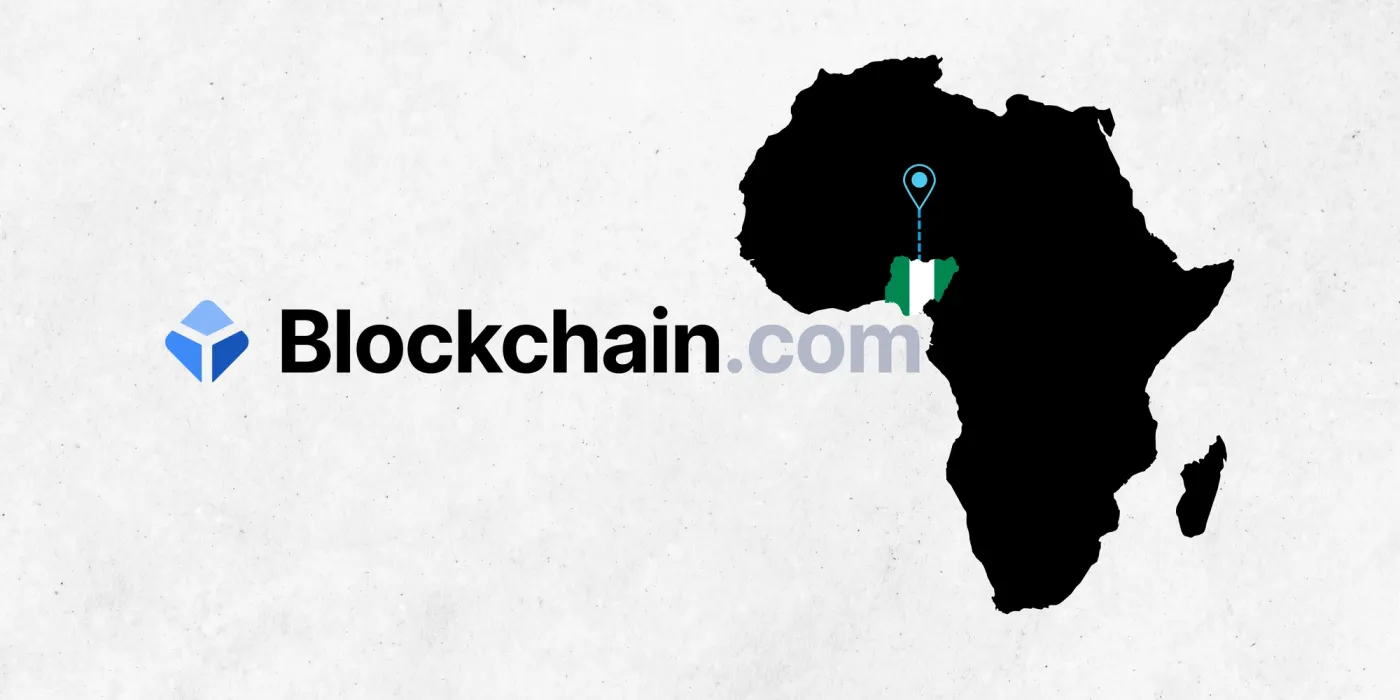In a move that’s set to transform cross-border e-commerce in one of Africa’s most dynamic markets, dLocal, a leading cross-border payment platform, has integrated Capitec Pay, ushering in open banking and real-time account-to-account (A2A) payments for international merchants targeting South African consumers.
This integration leverages Capitec Bank’s innovative solution to provide secure, instant transactions authenticated via the Capitec mobile app, empowering users with greater control over their financial data.
The Rise of Open Banking in South Africa
South Africa’s e-commerce sector is exploding, with revenues projected to grow by 11.8% annually through 2027, driven by a tech-savvy population where over half have shopped online and mobile devices dominate transactions.
Yet, traditional challenges like low credit card penetration, with only 10% of adults having ever used one, per World Bank data, have long restricted seamless global trade.
Enter open banking: a framework inspired by Europe’s PSD2 standards, enabling secure data sharing between banks and third-party providers with user consent.
In South Africa, this is gaining momentum through initiatives like BankservAfrica’s PayShap for instant payments and bank-specific APIs.
Capitec Pay stands out as the country’s first large-scale open banking-powered A2A solution, launched by Capitec Bank, the largest retail bank with 24 million users (57% of adults) and 13 million app users.
How dLocal’s Capitec Pay Integration Works
dLocal’s platform, already processing payments for major brands in emerging markets, now embeds Capitec Pay via a single API, allowing merchants to accept real-time A2A payments effortlessly.
Here’s a breakdown of the key features:
- Real-Time Processing: Transactions complete instantly, reducing cart abandonment and boosting conversion rates. Capitec Pay achieves over 85% success, outperforming many card-based methods.
- App-Based Authentication: Users approve payments in the Capitec app, eliminating card details or login sharing, which enhances security and complies with consent-based open banking principles.
- Variable Recurring Payments (VRP): Ideal for subscriptions in streaming, SaaS, or gaming, this allows one-time authorisations for ongoing charges, fostering recurring revenue models.
- No Extra Fees for Failures: Merchants and consumers avoid penalties on declined transactions, with capped commissions at R7 to keep costs low.
READ ALSO:How One Feature Is Accelerating South Africa’s Shift to Digital Payments
| Feature | Benefit for Merchants | Benefit for Consumers |
|---|---|---|
| Instant A2A Transfers | Higher conversions (85%+ rate) | Faster, frictionless checkouts |
| In-App Security | Reduced fraud risks | No sharing of sensitive data |
| VRP Support | Enables subscriptions without repeats | Control over recurring authorizations |
| Broad Reach | Access to 24M Capitec users | Preferred method for banked South Africans |
This setup complements dLocal’s existing South African portfolio, including Instant EFTs, Visa/Mastercard, and Buy Now Pay Later (BNPL), giving consumers multiple choices while helping merchants “play like a local.”
Curious about Capitec Pay open banking? The Open Banking Expo details similar integrations and their impact.
dLocal and Capitec: Strategic Partnership in a High-Growth Market
dLocal, headquartered in Uruguay with offices in Cape Town and Johannesburg, has long focused on Africa, where e-commerce could hit $60 billion by 2027.
The company processes for global giants across verticals like e-commerce, travel, and fintech, emphasising localised solutions to navigate regulations and preferences.
Capitec Pay, developed to replace outdated “screen scraping” methods, has seen rapid adoption, with over 10 million monthly transactions within months of launch, thanks to partnerships with payment providers.
Implications for Global Merchants and South African Consumers
For international merchants, this means tapping into South Africa’s 60% smartphone penetration and unbanked-friendly alternatives, driving revenue in a market where mobile money and bank transfers dominate.
It lowers barriers; no local entity is needed. It supporting Africa’s broader fintech surge, where alternative payments are key to inclusion for 1.4 billion people.
Consumers gain empowerment: direct bank payments reduce fraud, speed up processes, and promote inclusion, especially for the 90% without credit cards. Challenges like infrastructure gaps persist, but innovations like this pave the way for balanced growth.
A Step Toward Inclusive Digital Commerce
dLocal’s Capitec Pay integration marks a milestone in South Africa’s open banking evolution, blending security, speed, and accessibility to fuel cross-border growth.
As global merchants flock to emerging markets, this partnership exemplifies how localised fintech can bridge gaps and empower users.
Ronnie Paul is a seasoned writer and analyst with a prolific portfolio of over 1,000 published articles, specialising in fintech, cryptocurrency, climate change, and digital finance at Africa Digest News.






Leave a Reply